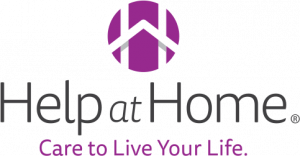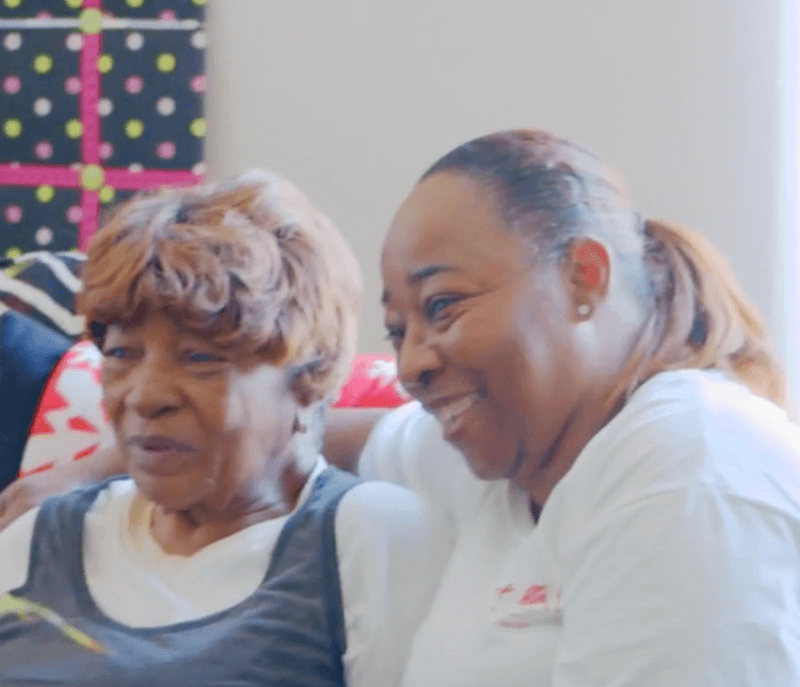Find out why Help at Home is the Right Choice for You
Are you taking care of a loved one and looking for an agency that offers great compensation and a dedicated support team? If so, give us a call today! We would love to tell you more about what makes Help at Home the right choice for you! With our offer of highly competitive compensation, paid time off, hiring bonuses and benefits, you can’t go wrong.
Call us to learn more about what you could receive as a Help at Home caregiver:
Sign On Bonuses!
- Top wages for caregivers
- Weekly, overtime and holiday pay
- Medical, life, and disability insurance
- Dental, vision and 401k benefits
- Exclusive Help at Home Caregiver Employee Discounts
- 30k merchants to save on travel, electronics, cell phone bills, car rental codes, tickets, restaurants, flowers, home products, apparel and more
- Invite up to 5 family members to join the program



